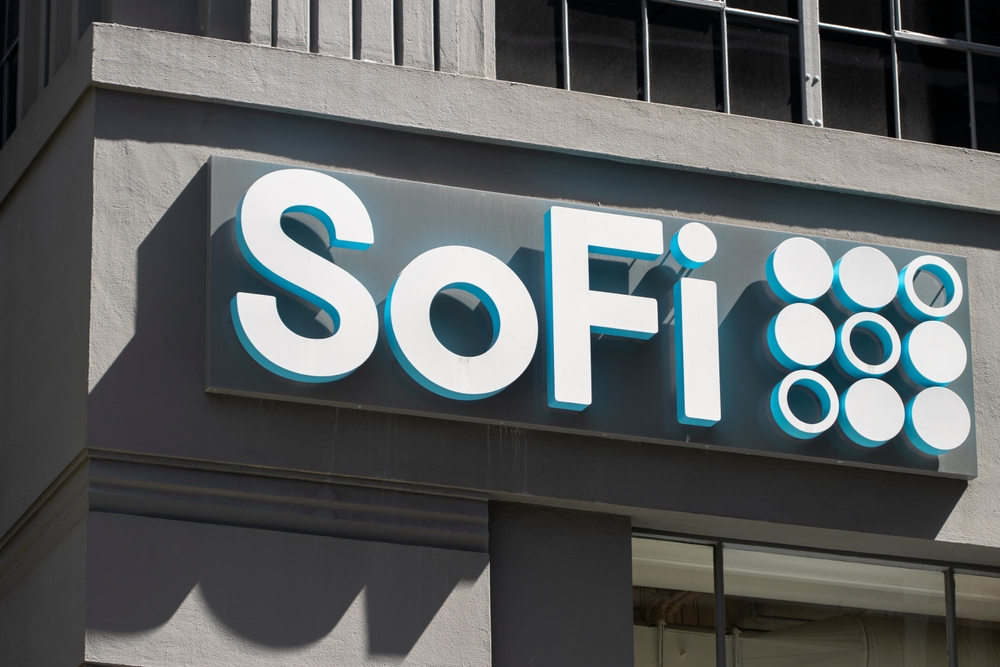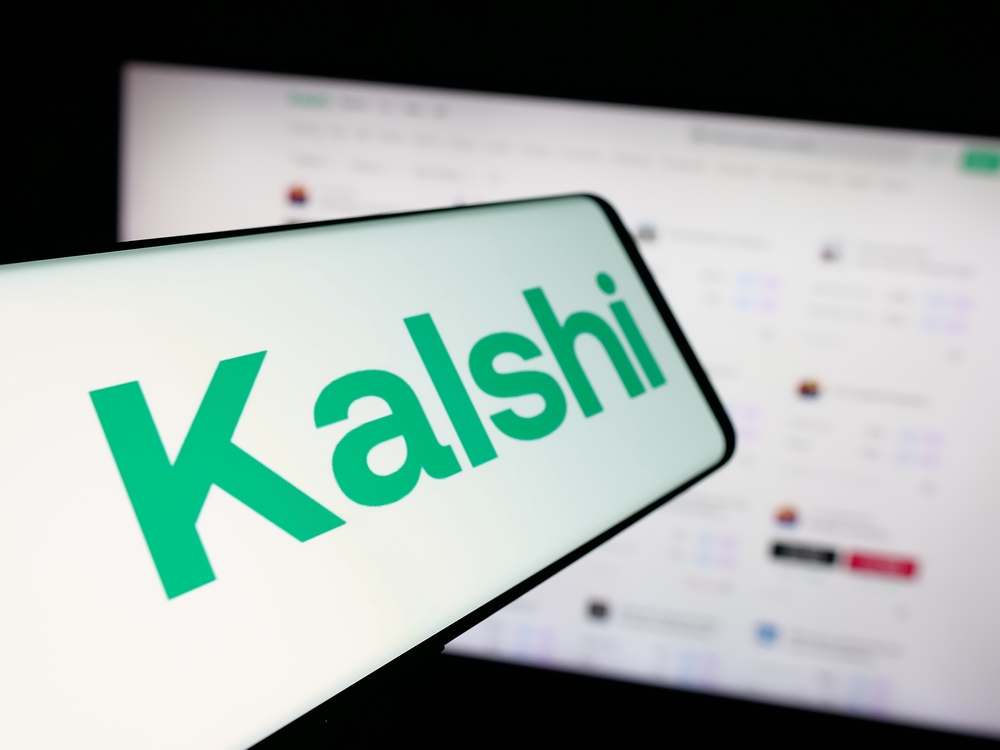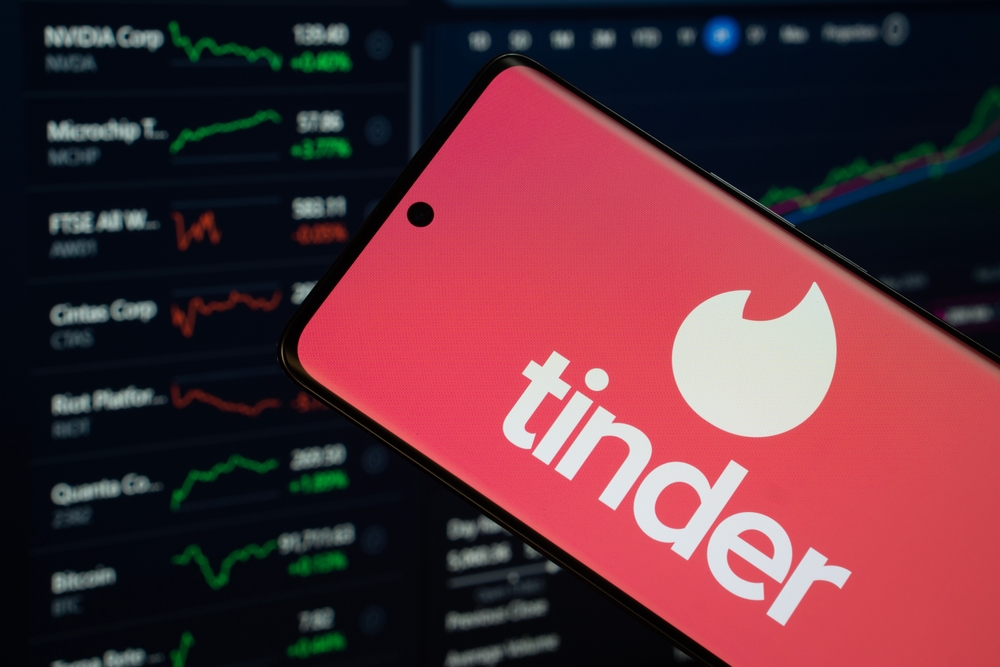Despite concerns about data privacy and security, several Chinese apps have continued to gain a significant following, with millions of Americans using them on a daily basis. But just how pervasive are Chinese apps in the United States?
Out of the 500 most downloaded apps so far in 2023, only 10 are from Chinese companies. However, four of them are in the top five. These apps are almost household names at this point; Temu, TikTok, CapCut, and Shein.

CapCut is a video editing app largely used by TikTok creators and also owned by TikTok’s parent company, Bytedance. Shein is a fast fashion giant that has been expanding its inventory to include everything in order to compete with Amazon. While founded in China, it did move its headquarters to Singapore because of East/West business complexities. Temu, owned by China’s Pinduoduo, is a recently popular e-commerce app in the U.S. that sells just about everything for rock-bottom prices.
In 2021 there were four Chinese apps in the top 50 most downloaded apps in the United States, with only one in the top five. In 2022 there were three apps in the top 50, also with only one in the top five. It was the same app in both years, with TikTok as the #1 app.
This is pretty amazing that in a country where Apple, Google, and Meta reign, only one has one of the five most downloaded apps in the country so far this year. Meta’s Instagram is #4. This speaks to the growing ability of Chinese app development on a global scale, as well as their ability to compete with and win against top American talent.
In terms of generating in-app purchase revenue, out of the top 500 grossing apps in the U.S. this year, 36 are owned by Chinese companies. Except for TikTok, every one of them is a mobile game. Looking at the same statistic but for average MAU, Chinese companies are responsible for 16 of the top 500 apps. TikTok, WeChat, CapCut, and Temu are in the top 25, but the 12 others are much further down the list.
On the other foot, 19 out of the 500 most downloaded apps in China this year are from American companies. This is based only on iOS data, as Google Play does not legally operate in China. I do not read Chinese newspapers, but it would be interesting to know if there are similar security concerns with apps like Instagram or Google Maps.
For those of you wondering about Lemon8, it had a quick showing at the top of the iOS App Store, but downloads are trending down. The app has been installed about 1.2 million times in the U.S. since launching in late March. Should more Chinese-owned apps make their way to the top of the app store ranks for prolonged periods of time and/or any ban actually take place, we’ll bring you the latest.
Click to learn 5 strategies used by
top apps to acquire, engage, and
retain users.




